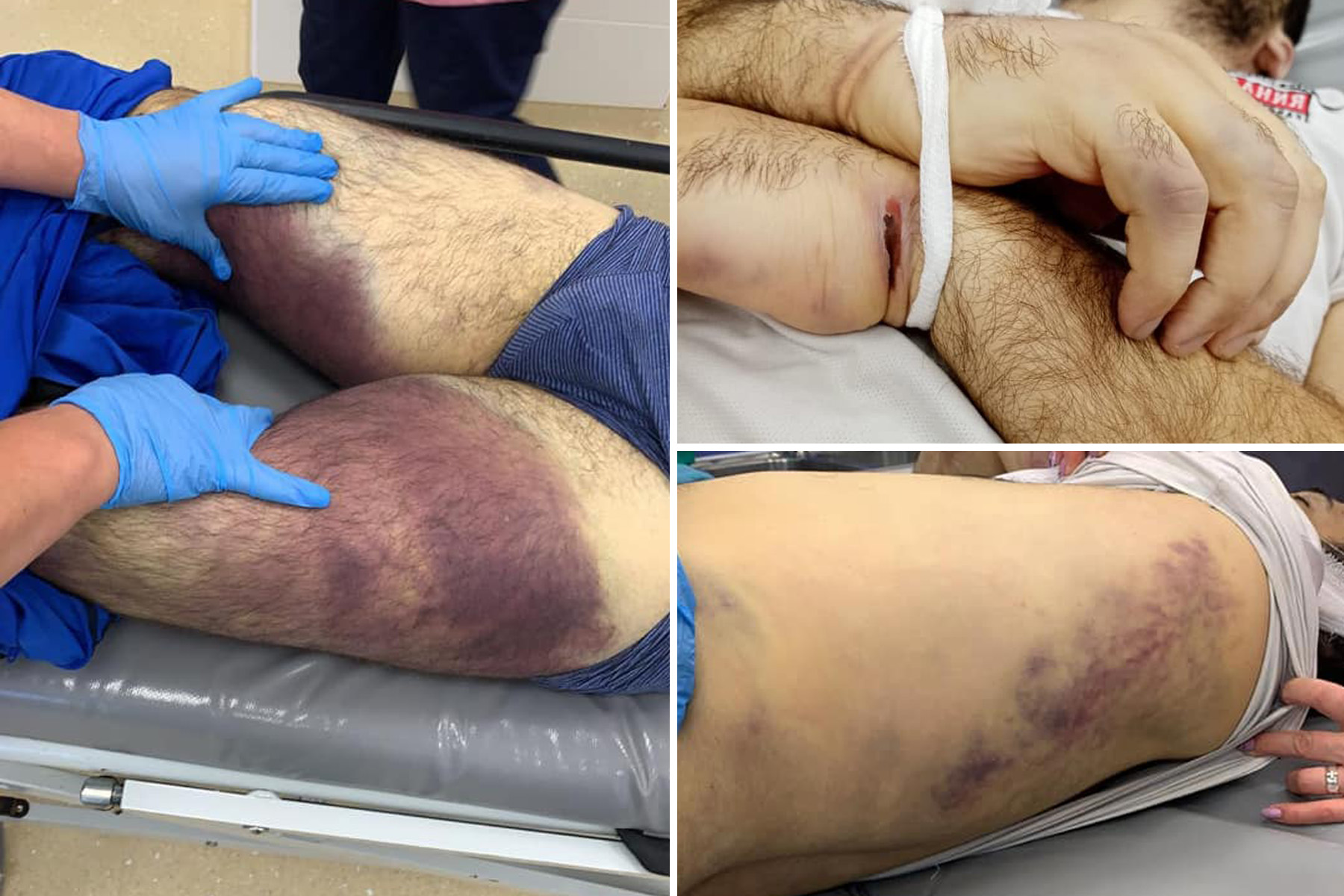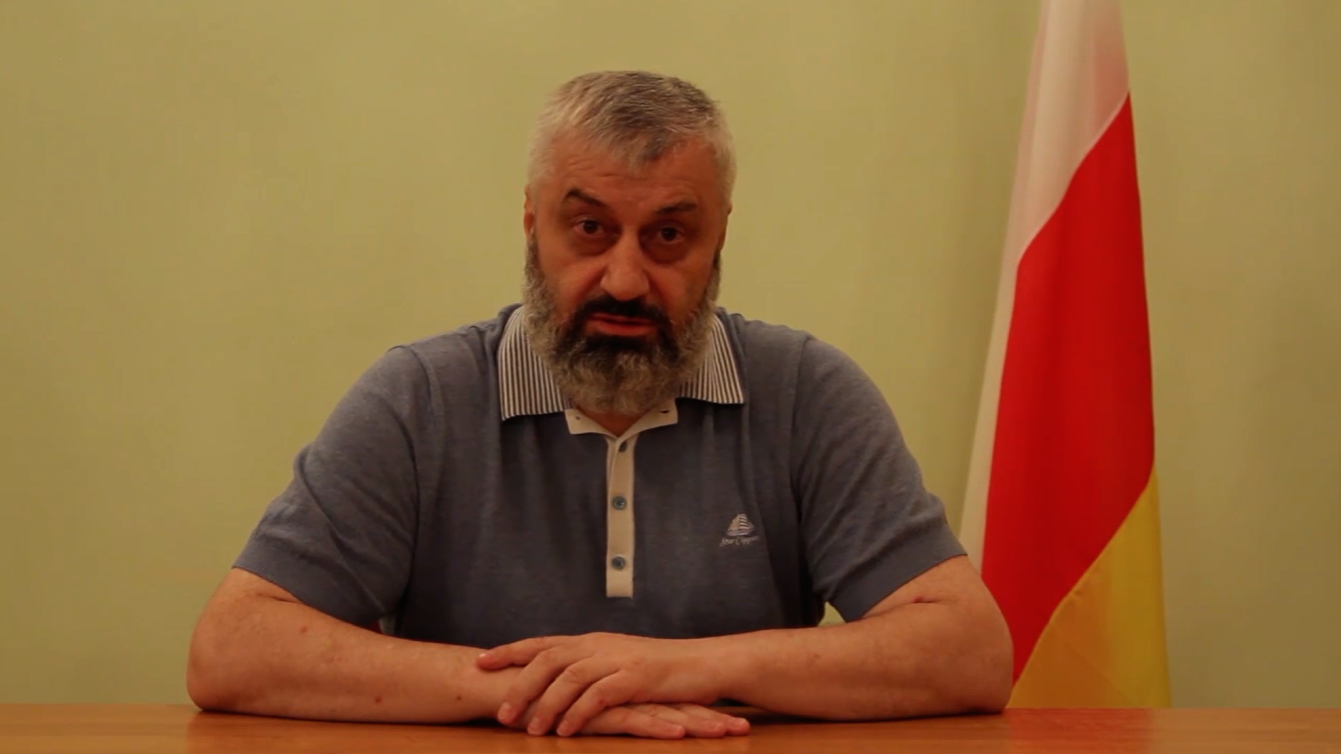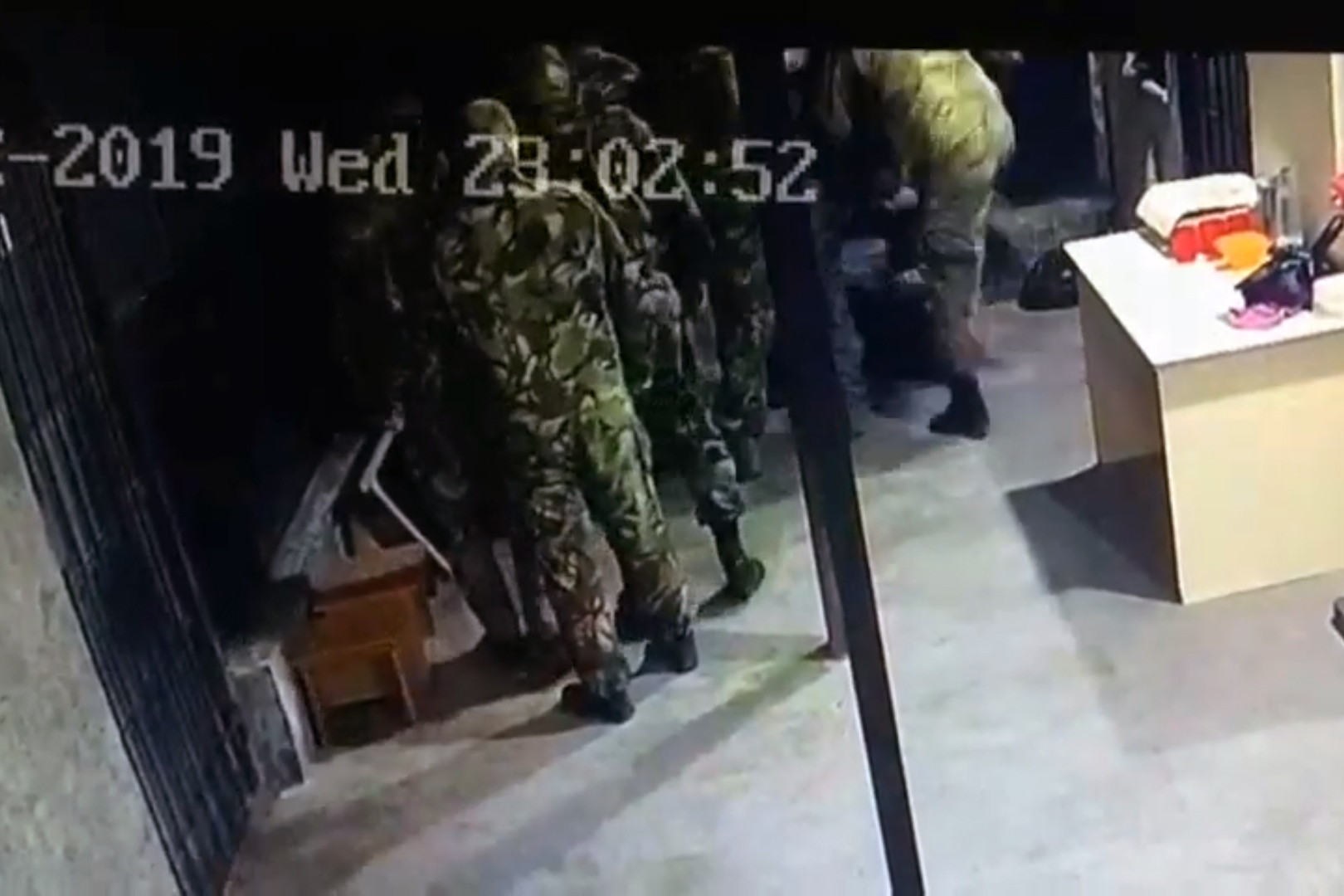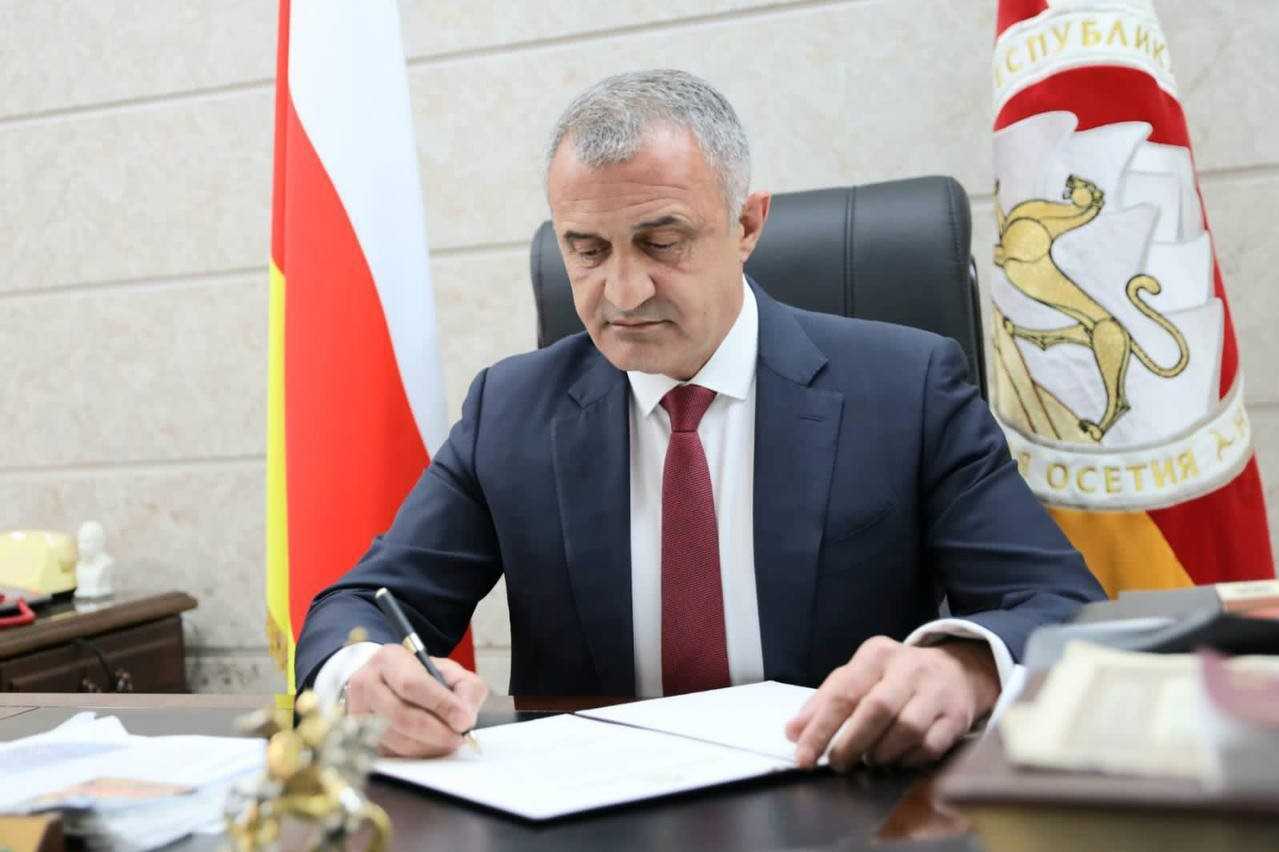
The political crisis in South Ossetia sparked by the death in custody of a local man has deepened, with MPs threatening to paralyse parliament.
On Tuesday, 17 out of 34 MPs said they would ‘prevent parliament from operating’ unless President Anatoly Bibilov fires South Ossetia’s Chief Prosecutor and launch an investigation into him and the recently dismissed Interior Minister.
On Saturday, 25 MPs appealed to Bibilov to sack Chief Prosecutor Uruzmag Dzhagaiyev over the death in police custody of Inal Dzhabiyev.
Monday saw the fourth consecutive night of protests in the capital Tskhinvali (Tskhinval), with many demanding Bibilov’s resignation.
The protests that erupted last Friday represent the largest South Ossetia has witnessed since the 2011 Snow Revolution, which forced second South Ossetian President Eduard Kokoity from power.
Bibilov responded by sacking Interior Minister Igor Naniyev on Friday, after which Prime Minister Erik Pukhayev also resigned. On Saturday, Bibilov dismissed the government.
Monday’s protests in front of the presidential office followed the funeral procession of Inal Dzhabiyev earlier that day.

Dzhabiyev died on 28 October two days after being detained by police. He was arrested on suspicion of being involved in an assassination attempt on the Interior Minister. Gunmen opened fire on Naniyev’s car on 17 August in Tskhinvali but escaped unharmed.
It has been widely reported in local media that Dzhabiyev was a relative of one of the victims of last year’s prison abuse scandal. Allegations of abuse against inmates have plagued Bibilov’s government since a crackdown on hunger-striking prisoners last year.
[Read more: Hunger striking South Ossetian prisoners ‘severely beaten’]
On Sunday, the Office of Prosecutor General announced that eight police officers had been arrested on suspicion of ‘abuse of office, resulting in the death of a person through negligence’.
Bibilov: ‘I will hold a plebiscite on my resignation’
On Friday, Bibilov met with protesters gathered in Tskhinvali’s central square.
‘I will hold a plebiscite and if people demand my resignation, I swear to God, I will leave’, Bibilov claimed after facing chants to step down.
Bibilov did not show up to Monday’s protest and has not mentioned his promised ‘plebiscite’ since Friday.
In an interview on Monday with Russian media project WarGonzo, Bibilov tried to redirect blame for the crisis away from himself. He accused ‘bots registered in Georgia and abroad’ of calling on South Ossetians ‘to topple the government, to rally, and to commit crimes’.
David Sanakoyev, the leader of the opposition Nykhas party, slammed the government in a post on Facebook.
‘The practice of lawlessness and impunity in the Republic has reached such proportions that the authorities no longer see anything reprehensible in the torture of their citizens’, Sanakoyev said.
He also vowed to set up a parliamentary commission to oversee the investigation into Dzhabiyev’s death and insisted that Bibilov resign.
‘As long as Anatoly Bibilov heads the republic, we will not have any law and development’, he said.
On 31 August, former President Eduard Kokoity published a video apologising for endorsing Bibilov during the April 2017 presidential elections.
He urged protesters not to seek vengeance promising the ‘lawful conviction’ of senior officials, including Bibilov.
‘I don’t want events and moods that appeared in Ukraine, Belarus to emerge in my homeland, becoming another problem for Russia’, Kokoity said, vowing to travel to South Ossetia from Russia.

Leonid Tibilov, who succeeded Kokoity as president until 2017, also weighed in, insisting that those responsible for Dzhabiyev’s death be punished to the fullest extent of the law, ‘no matter what titles and shoulder straps they wore’.
Other reported victims of violence
The protests have also been fuelled by allegations that other detainees have been mistreated by police.
Nikolay Tskhovrebov, another suspect within the assassination attempt investigation, was ‘released’ from police custody promptly after protests erupted before being hospitalised with injuries.
The authorities have also moved Gennadiy Kulayev, a suspect in a separate case allegedly targeting South Ossetian opposition party Nykhas member Alan Gagloyev, from pre-trial detention to a medical facility.
Kulayev’s mother has said she feared he had endured beatings from police, South Ossetian Journalist Lana Parastaeva has reported.
On 31 October, South Ossetian activist Timur Tskhurbati said he had been attacked while attending Dzhabiyev’s funeral for his political opinions.
Tskhurbati has been critical of both the latest allegations against the police and last year’s prison torture scandal.
Prison beating scandal
Footage appearing to show beatings of inmates in Tskhinvali prison which leaked on social media last year have led to growing public discontent towards Bibilov’s government.
Last September, a group of inmates announced they were going on hunger strike against poor conditions in prison, including poor sanitary conditions, insufficient time outside their cells, and tightened rules on receiving parcels from relatives.
Fiver days later, and a day after 15 South Ossetian MPs visited the prison to learn more about the protest, South Ossetian police entered the detention facility allegedly force-feeding some inmates and beating others. Two inmates were hospitalised following the police actions.

Both Interior Minister Igor Naniyev and Justice Minister Zalina Laliyeva confirmed that force was used against inmates to stop the hunger strike on 2 October. However, both survived a no-confidence motion in parliament initiated by opposition groups Nykhas and the Popular Party.
Laliyeva insisted that the protest by prison inmates was unlawful and that correctional facilities in South Ossetia had actually improved under her tenure as Justice Minister.
[Read more on OC Media: Footage of alleged prison abuse in South Ossetia leaked online]
A public outcry grew after footage allegedly showing the police actions against inmates was leaked online three weeks after the incident.
In late May, the authorities confirmed another incident in the same prison. According to officials, several inmates injured themselves, prompting calls by opposition MPs for President Bibilov to appear before parliament to answer questions.
Bibilov attended parliament accompanied by a group of heavily armed law enforcement officers.
For ease of reading, we choose not to use qualifiers such as ‘de facto’, ‘unrecognised’, or ‘partially recognised’ when discussing institutions or political positions within Abkhazia, Nagorno-Karabakh, and South Ossetia. This does not imply a position on their status.









